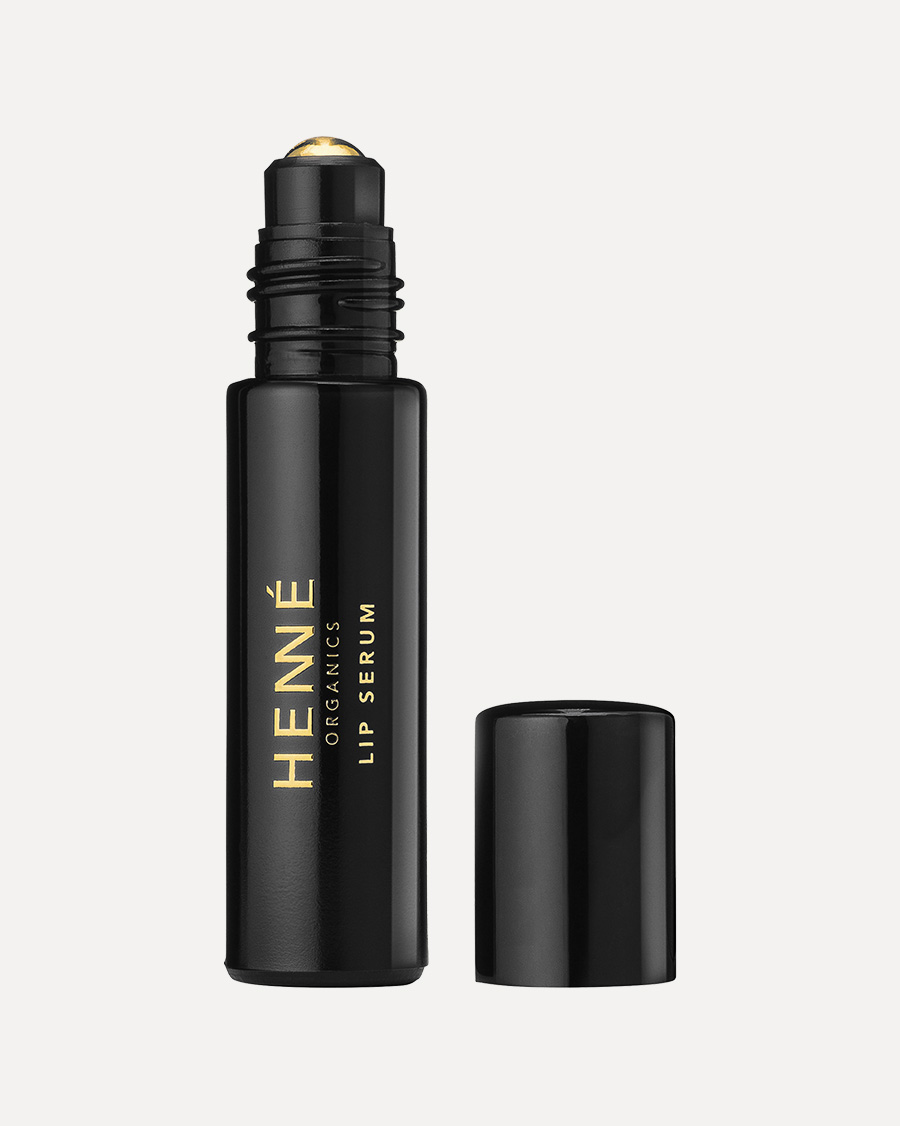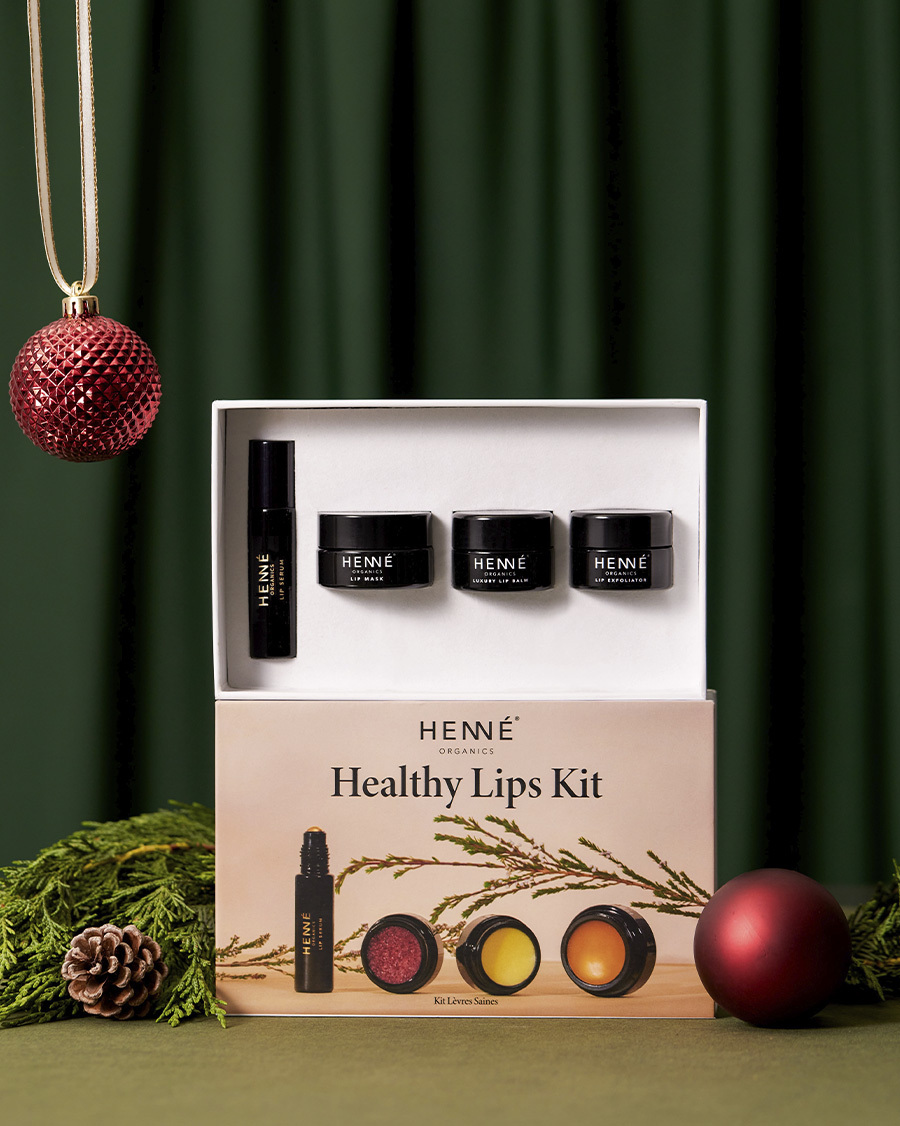Save Your Skin By Not Combining These Common Skincare Ingredients
Have you ever been excited to try a new skincare product only for your face to burn and respond terribly? It might not be your skin’s fault. In a world of endless skincare products both online and off, it's easy to get swept up in the promises these products make for our skin. With many products claiming to have ingredients that brighten skin, treat acne, and reverse signs of aging, we can find ourselves filling our real and virtual baskets with an assortment of products.
However, sometimes certain ingredients just don’t get along. And when we mix those ingredients, at best they cancel each other out, and at worst they can damage our skin barrier. This leaves us with the situation described: uncomfortable, dull, and irritated skin. Here’s the rundown on which common skincare ingredients you should avoid combining.
Vitamin C
We love vitamin C (especially the kind found in natural ingredients such as cloudberry and sea buckthorn) because it does wonders for brightening skin and eliminating free radicals. Unfortunately, when you combine vitamin C and retinoids, they often end up canceling each other out. The reason for that has to do with the pH of the products. Retinoids are designed to have a slightly higher pH, while vitamin C works best when formulated to be quite acidic. When applied together, it nullifies their preferred pH, and you miss out on some of the wonderful benefits of vitamin C and retinoids.
Another risk of using them together is severe skin irritation. No, thank you.
If you love your vitamin C and retinoids, fear not because there’s an easy fix: simply use them at different times of the day. Just like morning birds versus night owls, skincare products can have an optimal time of day for use. Refresh your skin with vitamin C in the morning and reap the benefits of retinoids at night.
Alpha-Hydroxy Acids (AHAs)
It’s no secret that exfoliation leads to brighter and healthier skin. But can too much of a good thing turn into a bad thing? When it comes to AHAs (like glycolic acid), it certainly can when used together with retinoids.
AHAs are exfoliants that work by increasing skin cell turnover. This reveals the newer, healthier skin underneath. But retinoids also increase skin cell turnover to brighten skin and diminish fine lines. Too much skin cell turnover can damage your skin barrier and all those skin benefits that are supposed to come with retinoids and AHAs are lost. You end up getting stuck trying to soothe and repair irritated and dull skin.
To avoid overdoing it, try alternating the days you exfoliate with AHAs and the nights you use retinoids to give your skin a break. Yep, even our skin needs a breather every now and then.
Salicylic Acid
If you have acne, check your cleanser for salicylic acid if you’re also using retinoids. Like AHAs, salicylic acid works to treat acne by increasing skin cell turnover. And as we just learned, combining two products that encourage skin cell turnover may actually lead to a skin barrier disaster. Try switching to a gentler cleanser or switch up the days you use retinoids and salicylic acid. Because what’s worse than acne? Acne and damaged skin.
Benzoyl Peroxide & Vitamin C
Vitamin C makes another appearance on our list, this time paired with benzoyl peroxide. These two ingredients won’t necessarily cause irritation, but unfortunately you won’t see the benefits from your vitamin C. What’s responsible for this? Benzoyl peroxide can cause your vitamin C to oxidize which leaves you with an ineffective product and money wasted. Let’s avoid that and use these two products on different days of the week.
Products with the Same Actives
Remember how we said too much of a good thing could turn into a bad thing? This is true for many actives in skincare. Some of these actives include salicylic acid, beta-hydroxy acids (BHAs), AHAs, and niacinamide. We all want to improve our skin’s appearance and texture, but do yourself a favor and limit the number of actives you apply daily, especially if they’re the same type of active. Doubling up on actives might seem like a good idea at first, but your skin might end up responding with a whole world of hurt.
Sometimes the perfect skincare regimen can feel like a puzzle as you try to solve what works and doesn’t work for your skin. If necessary, break down your regimen to the bare bones (cleanser and moisturizer) and slowly incorporate products to find the culprit. You can also try alternating products throughout the week to eliminate skin issues as well. Just make sure not to use the product combos listed above at the same time.
If irritation is a recurring problem for you, it might be time to make simple, clean products that are made to hydrate and soothe skin the foundation of your skincare routine. All-natural oils (such as our Serene Face Oil) are perfect for that purpose. They're much less likely to irritate your skin since they don't contain potentially skin-irritating preservatives, emulsifiers and stabilizers - ingredients you're virtually guaranteed to find in most creams and lotions.
You deserve healthy skin, and we hope this article will help contribute to you achieving just that.
However, sometimes certain ingredients just don’t get along. And when we mix those ingredients, at best they cancel each other out, and at worst they can damage our skin barrier. This leaves us with the situation described: uncomfortable, dull, and irritated skin. Here’s the rundown on which common skincare ingredients you should avoid combining.
A Word on Retinol/Retinoid
We’ve all heard the buzz on retinol (a type of retinoid) and retinoids (compounds derived from vitamin A). They target fine lines, uneven skin tone, and increase collagen production. Who wouldn’t love an anti-aging hero product? A a word of caution though: retinoids are very harsh on the skin and don’t combine well with many ingredients. Continue reading and then check your skincare cabinet, because here are a few ingredients that don’t mix well with retinoids.Vitamin C
We love vitamin C (especially the kind found in natural ingredients such as cloudberry and sea buckthorn) because it does wonders for brightening skin and eliminating free radicals. Unfortunately, when you combine vitamin C and retinoids, they often end up canceling each other out. The reason for that has to do with the pH of the products. Retinoids are designed to have a slightly higher pH, while vitamin C works best when formulated to be quite acidic. When applied together, it nullifies their preferred pH, and you miss out on some of the wonderful benefits of vitamin C and retinoids.
Another risk of using them together is severe skin irritation. No, thank you.
If you love your vitamin C and retinoids, fear not because there’s an easy fix: simply use them at different times of the day. Just like morning birds versus night owls, skincare products can have an optimal time of day for use. Refresh your skin with vitamin C in the morning and reap the benefits of retinoids at night.
Alpha-Hydroxy Acids (AHAs)
It’s no secret that exfoliation leads to brighter and healthier skin. But can too much of a good thing turn into a bad thing? When it comes to AHAs (like glycolic acid), it certainly can when used together with retinoids.
AHAs are exfoliants that work by increasing skin cell turnover. This reveals the newer, healthier skin underneath. But retinoids also increase skin cell turnover to brighten skin and diminish fine lines. Too much skin cell turnover can damage your skin barrier and all those skin benefits that are supposed to come with retinoids and AHAs are lost. You end up getting stuck trying to soothe and repair irritated and dull skin.
To avoid overdoing it, try alternating the days you exfoliate with AHAs and the nights you use retinoids to give your skin a break. Yep, even our skin needs a breather every now and then.
Salicylic Acid
If you have acne, check your cleanser for salicylic acid if you’re also using retinoids. Like AHAs, salicylic acid works to treat acne by increasing skin cell turnover. And as we just learned, combining two products that encourage skin cell turnover may actually lead to a skin barrier disaster. Try switching to a gentler cleanser or switch up the days you use retinoids and salicylic acid. Because what’s worse than acne? Acne and damaged skin.
Don’t Mix These Other Common Ingredients
Retinoids aren’t the only ingredient you have to be wary of. These common ingredients might also cancel each other out or lead to irritation.Benzoyl Peroxide & Vitamin C
Vitamin C makes another appearance on our list, this time paired with benzoyl peroxide. These two ingredients won’t necessarily cause irritation, but unfortunately you won’t see the benefits from your vitamin C. What’s responsible for this? Benzoyl peroxide can cause your vitamin C to oxidize which leaves you with an ineffective product and money wasted. Let’s avoid that and use these two products on different days of the week.
Products with the Same Actives
Remember how we said too much of a good thing could turn into a bad thing? This is true for many actives in skincare. Some of these actives include salicylic acid, beta-hydroxy acids (BHAs), AHAs, and niacinamide. We all want to improve our skin’s appearance and texture, but do yourself a favor and limit the number of actives you apply daily, especially if they’re the same type of active. Doubling up on actives might seem like a good idea at first, but your skin might end up responding with a whole world of hurt.
The Bottom Line
If you’ve combined the products above and your skin looks happier and healthier than ever - great! You might have skin that’s more resilient and acclimated to actives like retinol. But at the end of the day (or should we say, at the end of your skincare routine), if your skin burns, turns red, or is just uncomfortable in general, it’s time to reevaluate your skincare regimen.Sometimes the perfect skincare regimen can feel like a puzzle as you try to solve what works and doesn’t work for your skin. If necessary, break down your regimen to the bare bones (cleanser and moisturizer) and slowly incorporate products to find the culprit. You can also try alternating products throughout the week to eliminate skin issues as well. Just make sure not to use the product combos listed above at the same time.
If irritation is a recurring problem for you, it might be time to make simple, clean products that are made to hydrate and soothe skin the foundation of your skincare routine. All-natural oils (such as our Serene Face Oil) are perfect for that purpose. They're much less likely to irritate your skin since they don't contain potentially skin-irritating preservatives, emulsifiers and stabilizers - ingredients you're virtually guaranteed to find in most creams and lotions.
You deserve healthy skin, and we hope this article will help contribute to you achieving just that.



